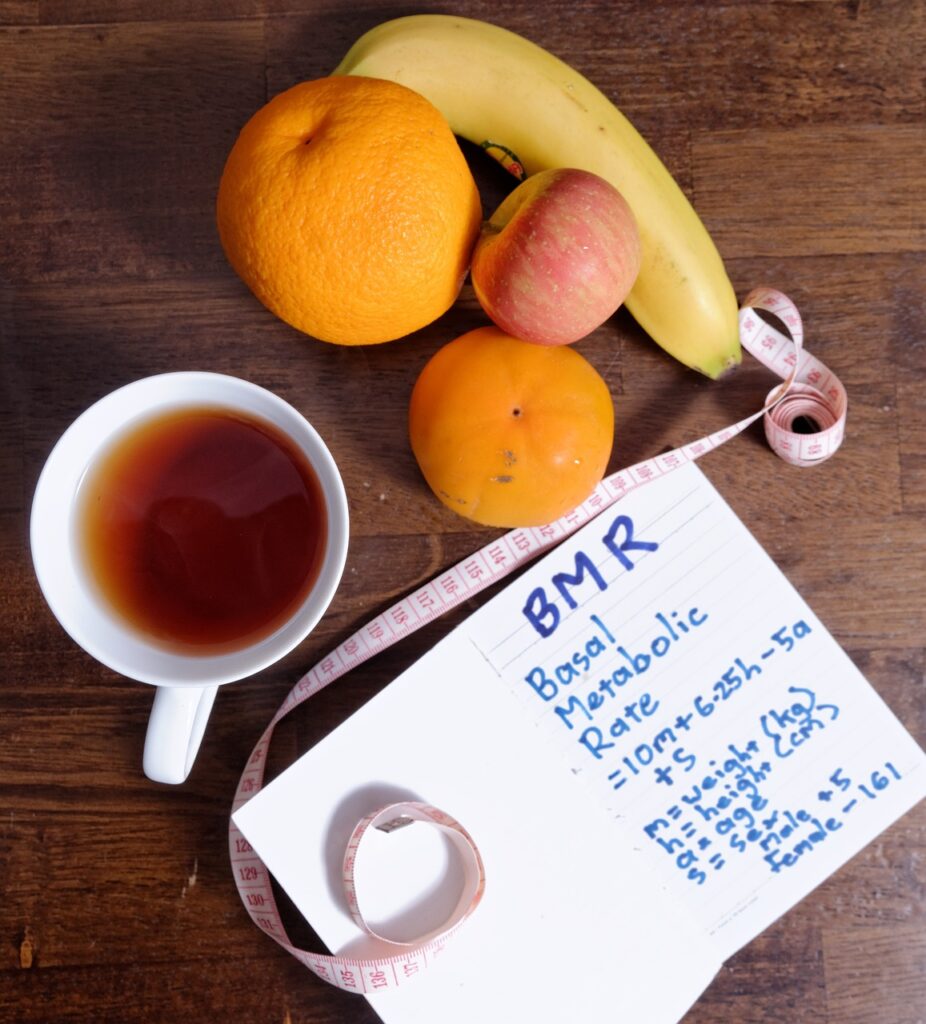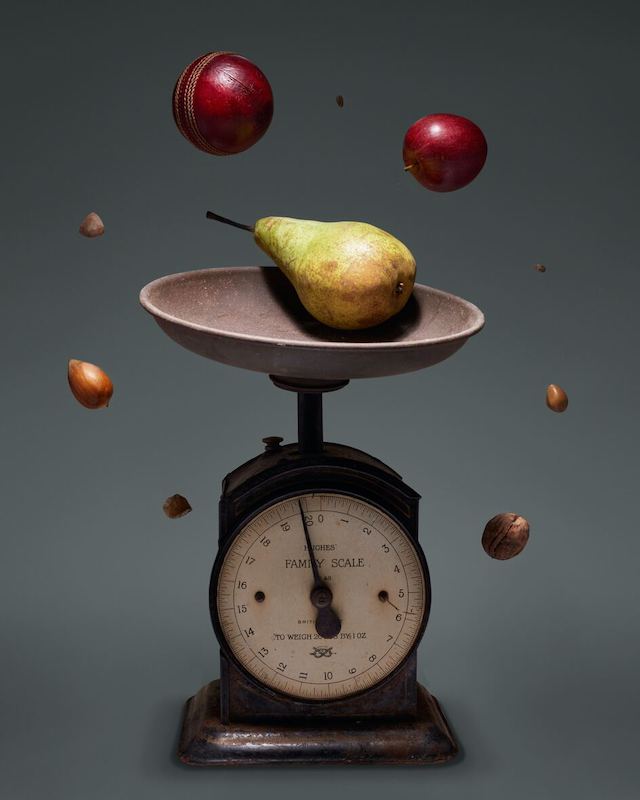Calorie counting for weight loss is a waste of time.
Most of us have frequently heard that in order to lose weight, we need to burn more calories than we eat. The idea of calorie counting. We are told it is a matter of simple math. Eat less, move more. EASY! These same people will throw out the law of thermodynamics…sounds believable. They sound smart don’t they. This physics law is regarding ENERGY. Not mass. Which is what our stored body fat is. Let’s think of it this way… does your scale in your bathroom measure energy? Or does it measure mass (lbs.)? This phenomenon is a reason why calorie counting is a waste of time if you are trying to lose weight.
Energy—->lbs. of fat is a much more complicated conversion.
Hey, if you burn 3500 calories, you’ll lose a pound! As it turns out, this idea does not prove to be accurate.
The science is wrong! Calories in doesn’t equal calories out. Especially when it comes to FAT loss. Stop counting your calories to lose weight.
1. Quality over quantity.
Calorie counting doesn’t take into account the quality of the calories you are eating. Not all foods are created equal. Especially when we are discussing those potato chips you grabbed when you were stressed out after work. Stress eating is a huge culprit of quality food flunks.
If you have eat a piece of white bread versus half an avocado…the impact on your body will be dramatically different despite the avocado being about double the amount of calories. Why? Nutrients matter. Your body will utilize and store carbs, fats, and proteins differently. (We can get into this specifically another time…) For now, focus on choosing unprocessed foods to include lean meats, fruits in their natural form, vegetables, and whole grains.
Instead of asking yourself, “How many calories does this have?”, the better question should be “What is this going to do to my body?”
How is this food going to affect my hormones?
My inflammation?
My insulin levels.
THIS is the question you want to ask yourself.
We have different neuropeptides that influence hunger and satiety…and we should be curious of how the food we eat influences this phenomenon. Especially if we are trying to shed some fat! For example, a 100-calorie snack pack of cookies might not be as good for you as a 100-calorie serving of fresh fruit. That being said, it’s important to remember that both quality and quantity matter when it comes to food. Eating a balanced diet that includes a variety of nutrient-dense foods is key to maintaining good health.

2. Metabolism
Each of our bodies has a “set point” that influences our weight. This set point is based on a number of different factors such as genetics, our environment, and our lifestyle. It can be thought of much like a thermostat in your home. If you have the thermostat set at 70 degrees and it is hot outside, the A/C will kick on to bring the temperature back down. If our body weight set point is at 200 lbs. and we begin to make lifestyle changes that cause us to lose weight, your body will influence your system to get BACK to 200 lbs.
When we eat food, our body breaks it down into its component parts, including carbohydrates, proteins, and fats. These nutrients are then used by our cells to produce energy, build and repair tissues, and carry out other important functions. The number of calories we consume in our diet can affect our metabolism in a number of ways.
For example, if we consume more calories than our body needs, the excess energy is stored as fat, which can lead to weight gain over time. On the other hand, if we consume too few calories, our body may slow down its metabolism in order to conserve energy. Additionally, the types of foods we eat can also affect our metabolism. For example, foods that are high in protein can help boost our metabolism by increasing the number of calories we burn during digestion and by helping to build and maintain lean muscle mass. Conversely, foods that are high in sugar or refined carbohydrates can cause spikes in blood sugar levels, which can lead to insulin resistance and other metabolic problems over time. Overall, the relationship between calories and metabolism is complex and can vary depending on a number of factors, including age, sex, genetics, and lifestyle habits.
Metabolism Slows Down from Weight Loss
When we lose weight, our metabolism “slows” down. Our resting metabolic rate DECREASES. This means it can be extremely difficult to avoid regaining some weight due to what is going on metabolically. Our metabolism slows down because there is less body mass to maintain. This means that our body requires fewer calories to function, and therefore burns fewer calories overall. However, the extent to which our metabolism slows down depends on a variety of factors, including age, gender, body composition, and the amount of weight lost. Additionally, losing weight can also lead to changes in hormone levels, which can further impact our metabolism.

Conclusion
So…here’s the point.
I’m not saying that the calorie count doesn’t matter AT ALL. Just not as important as we make it out to be. We need to stop calorie counting and start THINKING. We are WAY more complex creatures than that strict of a science. Even with careful calorie calculations, the results don’t match. Our body burns calories based on a number of factors. There is so much that impacts our weight other than the food we eat. Sleep, hormones, stress, physical activity, hydration, and more. Therefore, you can eat the same exact number of calories in a meal as someone else, yet have different results when it comes to your weight.
Remember, a slice of pizza and an avocado are NOT the same.
The focus should be on food QUALITY.
Decreasing INFLAMMATION.
Regulating our HORMONES.
Not a simple math.
Marissa is a licensed Occupational Therapist, certified personal trainer, and weight loss specialist living in Baltimore, MD.

